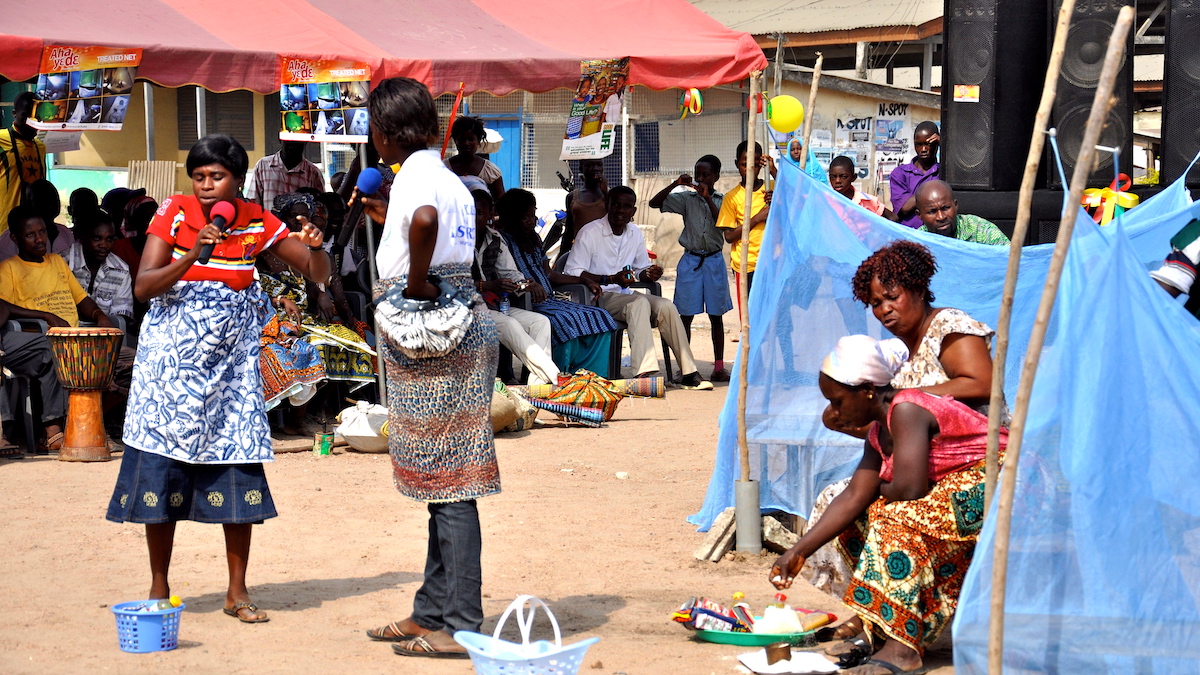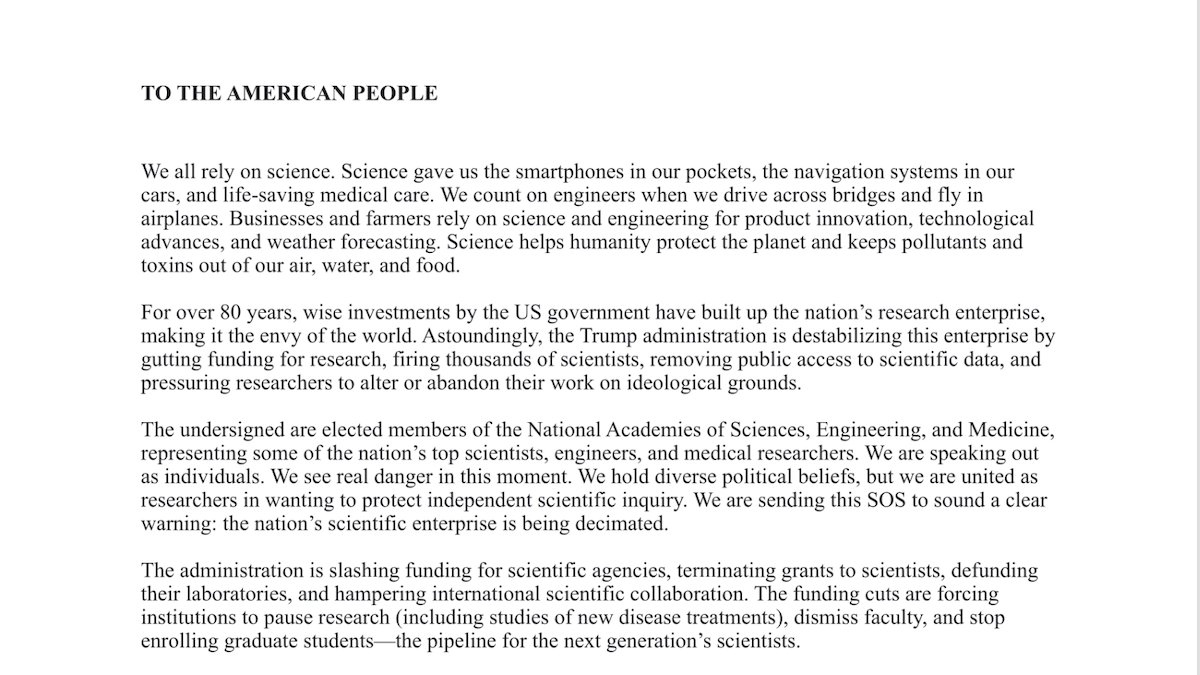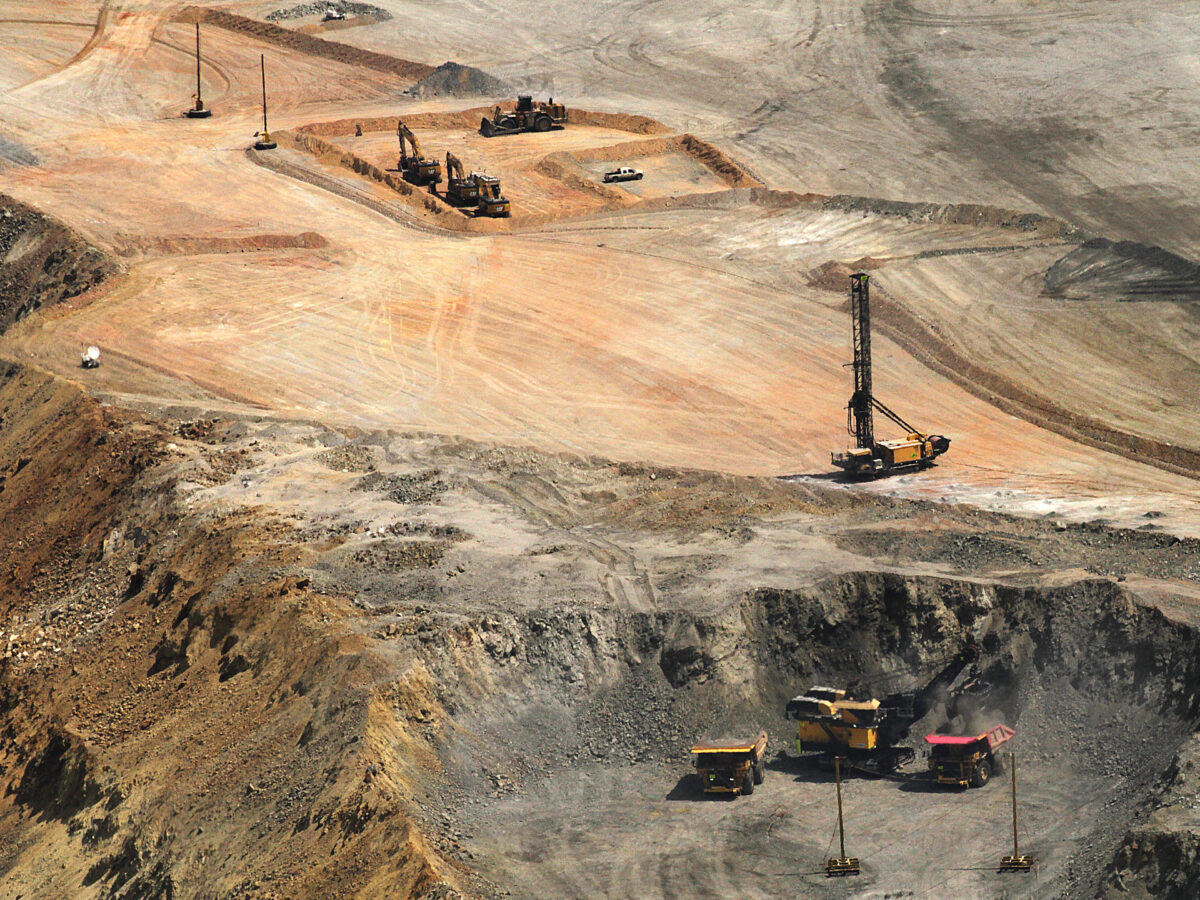A new attribution study shows every single extreme heat event since last May was made more probable by climate change.
public health
Government Will Reduce Access to COVID-19 Vaccine
Officials from the Food and Drug Administration (FDA) announced on Tuesday that only adults older than 65 and people with specific medical conditions will be considered eligible for COVID-19 vaccinations this fall.
EPA to Rescind Rules on Four Forever Chemicals
The EPA plans to reconsider drinking water limits for four different PFAS chemicals and extend deadlines for public water systems to comply, according to The Washington Post.
PFAS, or per- and polyfluoroalkyl substances, are a group of chemicals that are widely used for their water- and stain-resistant properties. Exposure to PFAS is linked to higher risks of certain cancers, reproductive health issues, developmental delays and immune system problems. The so-called “forever chemicals” are ubiquitous in the environment and widely contaminate drinking water.
NIH Bans U.S. Scientists From Funding New International Partnerships
The National Institutes of Health (NIH), the world’s largest funder of biomedical research, announced a policy on 1 May banning scientists from directing its funding to international research partners, according to Nature.
Trump Administration Moves to Weaken PFAS Rules
President Donald Trump’s EPA is considering a rule that would weaken regulations limiting chemicals harmful to human health in consumer goods, The Guardian reports.
Per- and poly-fluoroalkyl substances, or PFAS, are a group of chemicals added to consumer products, oftentimes for their water- and stain-resistant properties. Exposure to PFAS is known to raise the risk of certain cancers, kidney and liver disease, and complications surrounding reproductive health. The chemicals are omnipresent in everyday life and contaminate drinking water across the United States.
1,900 Scientists Warn of “Real Danger” in Open Letter
In an open letter to the American people, more than 1,900 scientists sent an “SOS” that the Trump administration’s actions have “decimated” the nation’s scientific enterprise and censored scientific work. “We see real danger in this moment,” the scientists wrote.
DOGE and GSA Target Mine Safety Office for Cuts
The Mine Safety and Health Administration (MSHA), which works to protect U.S. miners from injury, illness, and death on the job, is among the latest federal agencies targeted for cuts by the Department of Government Efficiency (DOGE).
Trump Administration Plans to Fire More Than 1,000 EPA Scientists
The Trump Administration plans to fire more than 1,000 scientists in the EPA’s research arm. The layoffs are part of a “reduction in force” that comes after the agency already fired hundreds of probationary workers. (A federal judge has since ordered that these employees be reinstated, and though the administration has complied, most of the workers have been placed on administrative leave.)
EPA Plans to Close Environmental Justice Offices, Leaving Communities to Face Pollution Alone
Yesterday, news broke that a memo from Lee Zeldin, the new administrator of the EPA, directed the agency to eliminate all offices that focus on environmental justice.
Food Insecurity Is Linked to Heart Disease and Diabetes in the United States
A new study examines the geographic and demographic connections between health and a lack of consistent access to food, finding that this link is particularly strong in the South.










